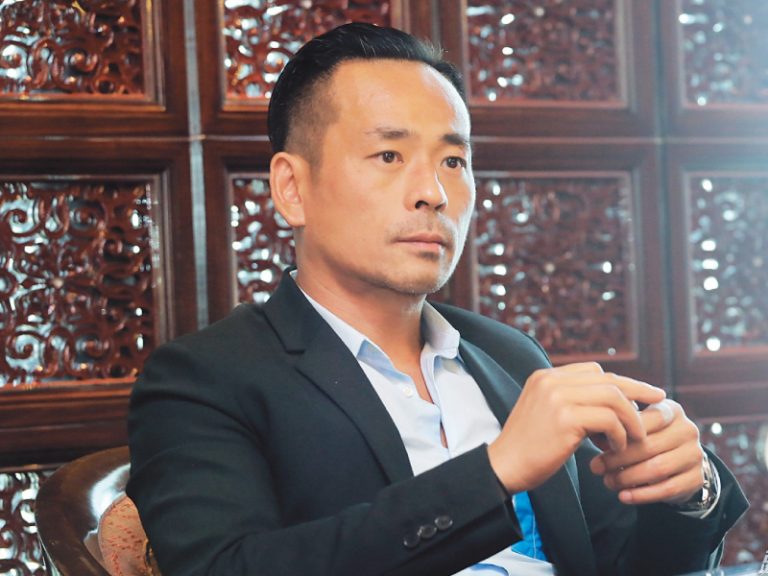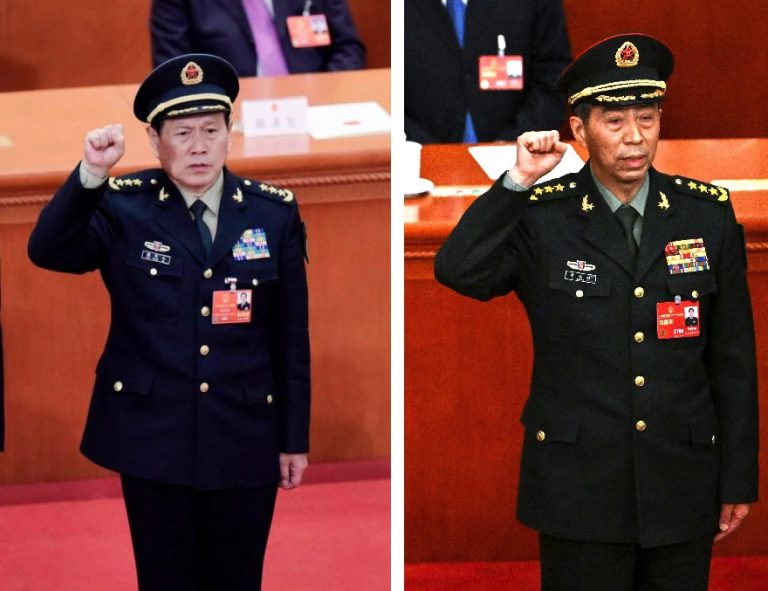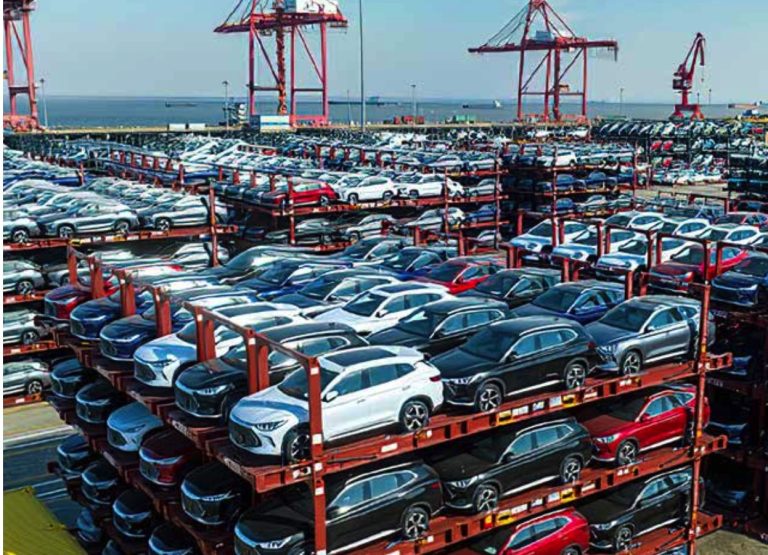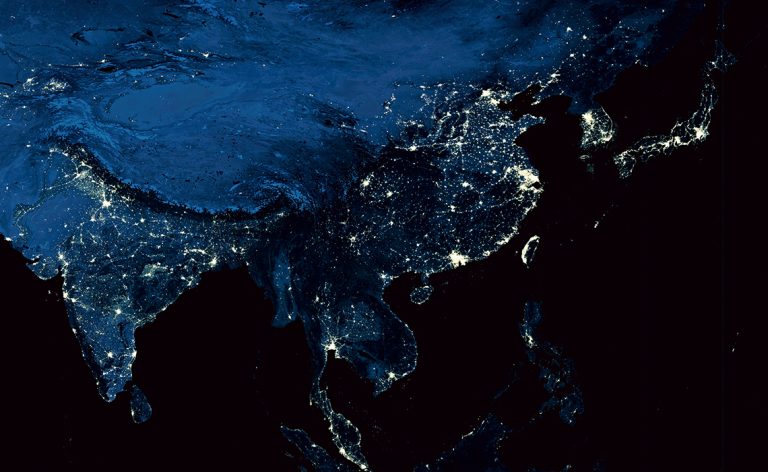News analysis
In the early hours of Nov. 27, the Macau police arrested prominent local casino operator Alvin Chau and several others on charges of abetting cross-border gambling activities and money laundering. Days later, Chau, 47, resigned from all positions at his company Suncity Group, and the gambling group announced the closure of its VIP gaming rooms.
At a glance, the arrest of Alvin Chau appears to be an extension of Xi Jinping’s anti-corruption campaign beyond mainland China and the Chinese Communist Party’s (CCP) “zero-tolerance” approach to gambling. Chau’s downfall also seems to be tangentially linked with Communist China’s effort to enhance economic discipline and more strictly regulate cross-border capital flows; Beijing is anticipating and making moves to curb capital flight when the U.S. Federal Reserve tightens monetary policy to deal with high inflation.
However, Chau’s background and several details about his arrest suggest that Beijing’s move against him was influenced not chiefly by near-term developments, but by broader political considerations. For one, the Macau government noted in the announcement of Chau’s arrest that the mainland authorities had notified them about his case in August 2019, leading them to launch a criminal investigation in April 2020.
Further, Xi Jinping had personally issued instructions to crack down on cross-border gambling on at least six occasions in recent years, according to a June 2020 Xuchang city government work meeting report; during this period, public security minister Zhao Kezhi also took aim at online and cross-border gambling in public remarks. Finally, Chau’s patron-client ties with an influential Party faction that rivals Xi suggest that he could be taken in to facilitate purges in the lead up to the CCP’s critical leadership reshuffle conclave in late 2022.
Success
You are now signed up for our newsletter
Success
Check your email to complete sign up
READ MORE:
Does the CCP’s New ‘Historical Resolution’ Give Xi More Power? Not Really.
Attacks on Independent Media in Hong Kong Showcase Factional Struggle Among China’s Top Leaders
Agent of the state
Alvin Chau started out in Macau’s gambling industry in 1994 and founded Suncity Group in 2007. Gambling aside, Suncity is in the business of film production and investment, tourism, concerts, restaurants, luxury goods, and auctions. Suncity’s VIP gaming room market dominance and Chau’s personal success would earn him the nickname, “Little King of Gamblers.” Chau is also widely believed to be part of “14K Triad,” Macau’s largest criminal organization.
The period in which Chau rose to fame and fortune coincides with the CCP’s increased effort to influence and infiltrate Hong Kong and Macau in preparation for the return of both territories to the mainland and to better control them afterwards. Through a combination of united front operations and intelligence networks, the CCP seeds or cultivates its agents or supporters in local businesses, social organizations, media, entertainment, triads, and other key sectors. Beijing then taps into these pro-communist elements to foist its will on Hong Kong and Macau society at crucial junctures such as local elections. Over the long-term, the CCP seeks to dye both semi-autonomous former colonies fully “red” in outlook and allegiance through its subversive elements.
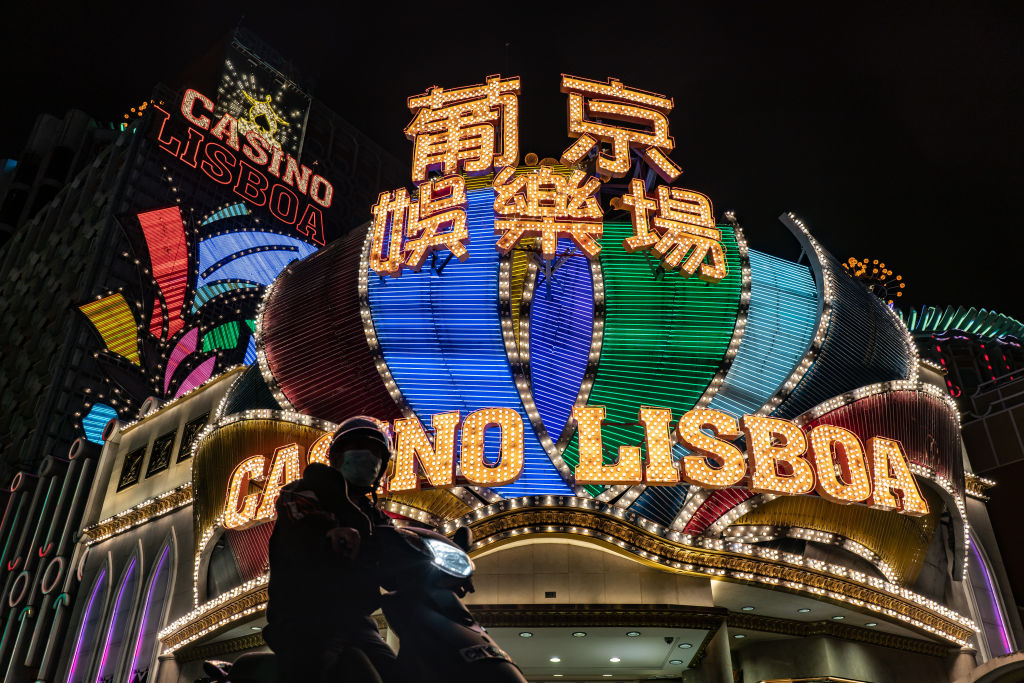
CCP operations and Alvin Chau’s background mark the latter as an agent of the state. Businesses and businessmen in mainland China, Hong Kong, and Macau cannot make it big without the backing of the Party elite, and Chau is unlikely to be an exemption to the norm. Chau’s triad membership and early successes in the gambling industry at a young age (late 20s to early 30s) suggest that the CCP had groomed him as an underground asset to control Macau society as it prepared for the transfer of the territory’s sovereignty to the People’s Republic of China (PRC) in 1999. Chau would later become a card-carrying united front operator with his election as a member of the Guangdong provincial Chinese People’s Political Consultative Conference in 2013, as well as his participation and organization of various united front activities and groups in Macau.
Suncity Group’s investment in so-called “main theme” CCP propaganda films also reveal Chau’s true colors. Chau’s company notably collaborated with government-linked Chinese film production company Bona Film Group on two “main theme” productions, namely, the 2016 film “Operation Mekong” and the 2018 film “Operation Red Sea.” “Operation Red Sea” was supported by the PLA Navy, while “Operation Mekong” was supported by the Central Political and Legal Affairs Commission (CPLAC) and the Ministry of Public Security.
Factional ties
Alvin Chau’s successful period in Macau also happens to correspond to the era in which the faction of former Chinese regime leader Jiang Zemin was dominant in the PRC, roughly between 1997 and the rise of Xi in 2012.
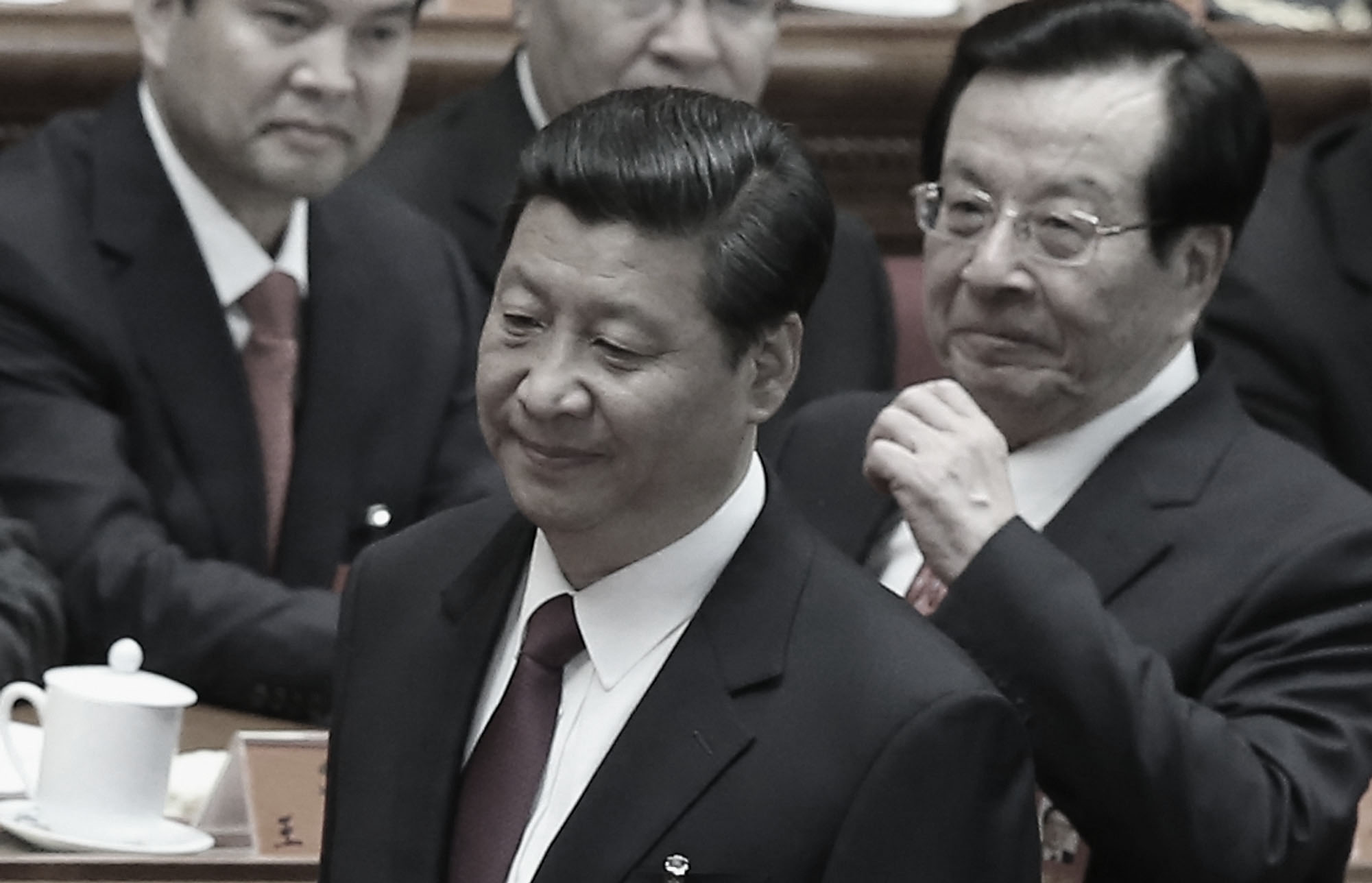
In particular, leading members of the Zeng clan, a princeling family with sway over intelligence networks and the Hong Kong and Macau apparatus, were running the show when Chau was rapidly gaining in prominence in the early 2000s. Zeng Qinghong, the Jiang faction’s number two and Jiang Zemin’s political enabler, sat on the Politburo Standing Committee and headed the Central Leading Group on Hong Kong and Macau Affairs from 2003 to 2007. His younger brother, Zeng Qinghuai, was a special inspector of the PRC Ministry of Culture, a former commissioner of Hong Kong’s culture ministry, and a vice chairman of the China Association for Promoting Democracy.
The Zeng brothers’ portfolios gave them substantial sway over Hong Kong and Macau affairs, the entertainment industry in both territories and on the mainland, as well as a degree of influence over overt (united front and gambling) and covert (intelligence and triads) CCP operations in Hong Kong and Macau. Alvin Chau and his businesses happen to sit at the intersection of various CCP operations that the Zeng brothers oversaw while they were in office and almost certainly retained influence over when they retired, which marks Chau as a political client of the Jiang faction patronage network.
The fact that Chau continued to engage in corruption and other activities frowned upon by the Xi leadership until a year before the end of Xi’s second term while escaping arrest is another sign that he is with the influential Jiang faction. As The Wall Street Journal reported in February, Jiang Zemin “remains a force behind the scenes” even though many of his allies have been purged in Xi’s anti-corruption campaign.
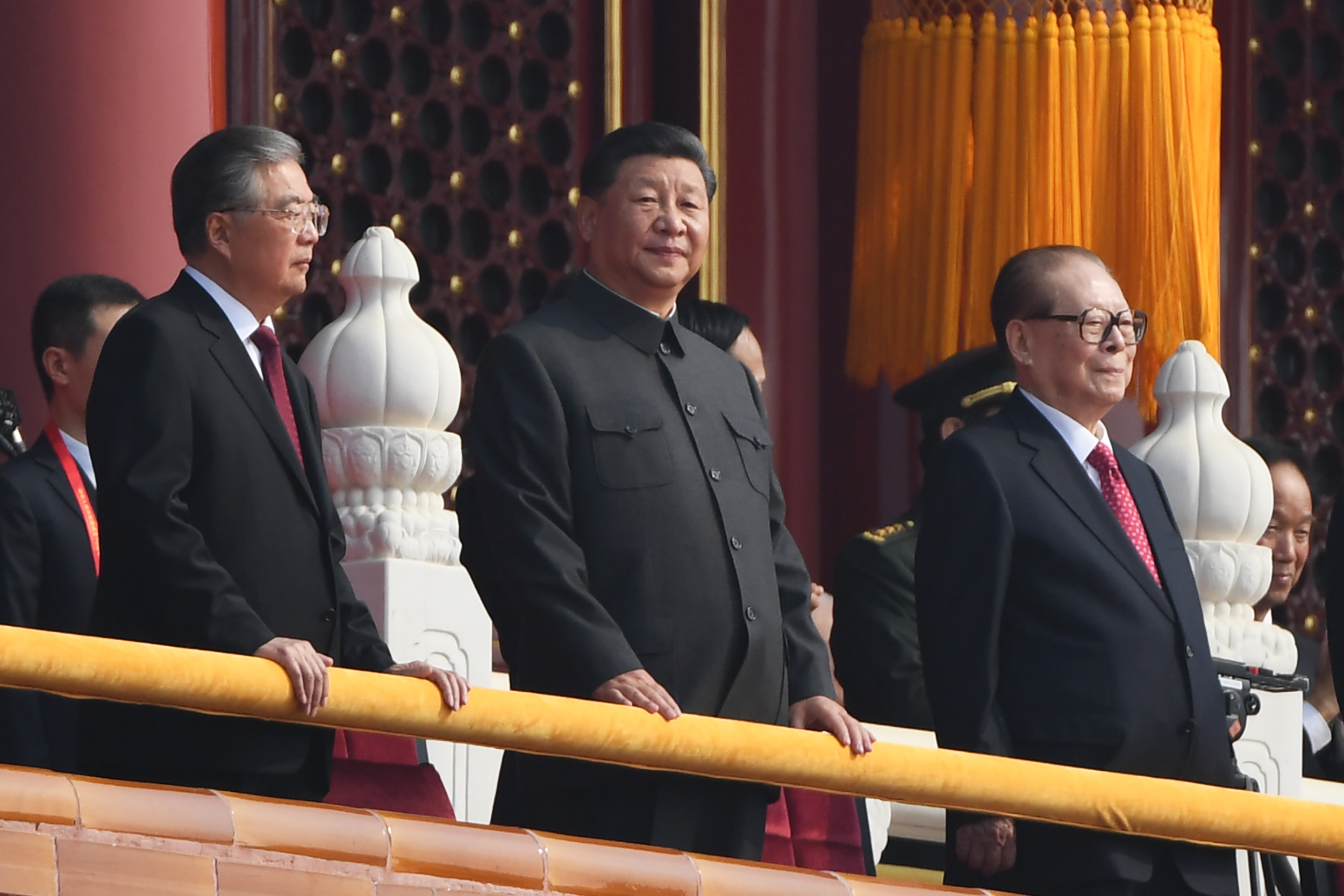
Party insiders have affirmed Chau’s connection with the Jiang faction. Yuan Hongbing, a prominent Chinese dissident and jurist based in Australia, told the Chinese-language Epoch Times that his Party insider friends in the Macau system revealed that Chau is a “white glove” (bagman) and Macau asset of Zeng Qinghong and former CPLAC chief Meng Jianzhu. “The purpose of arresting this ‘Little King of Gamblers’ is to destroy the economic foundation of Jiang Zemin, Zeng Qinghong, Meng Jianzhu, and others,” Yuan said.
On the chopping block
As the 20th Party Congress draws closer, Xi needs political leverage over his factional rivals to secure a highly controversial third term and ensure the appointment of his allies to key posts.
Xi Jinping has been targeting the Jiang faction all year long with crackdowns on the latter’s remaining strongholds (tech, finance, entertainment, political and legal affairs apparatus, etc.), personnel reshuffles, and the purging of senior domestic security officials associated with the faction and its notorious persecution of the Falun Gong spiritual practice.
As a “bagman” of the Jiang faction, Alvin Chau would know where the skeletons are hidden. The investigation of Chau could furnish the Xi leadership with incriminating evidence to wield against the Jiang faction and other Party elite who oppose Xi Jinping. Xi may not move against his rivals if they choose to play ball and not challenge his third term bid and other political actions. However, those rivals could quickly find themselves on the chopping block if they are not chilled by Chau’s arrest and decide instead to oppose Xi to the bitter end.
Larry Ong is a senior analyst with New York-based political risk consultancy SinoInsider. He was part of the SinoInsider team that forecasted the 19th Party Congress and 2018 Two Sessions personnel reshuffles with a high degree of accuracy.



